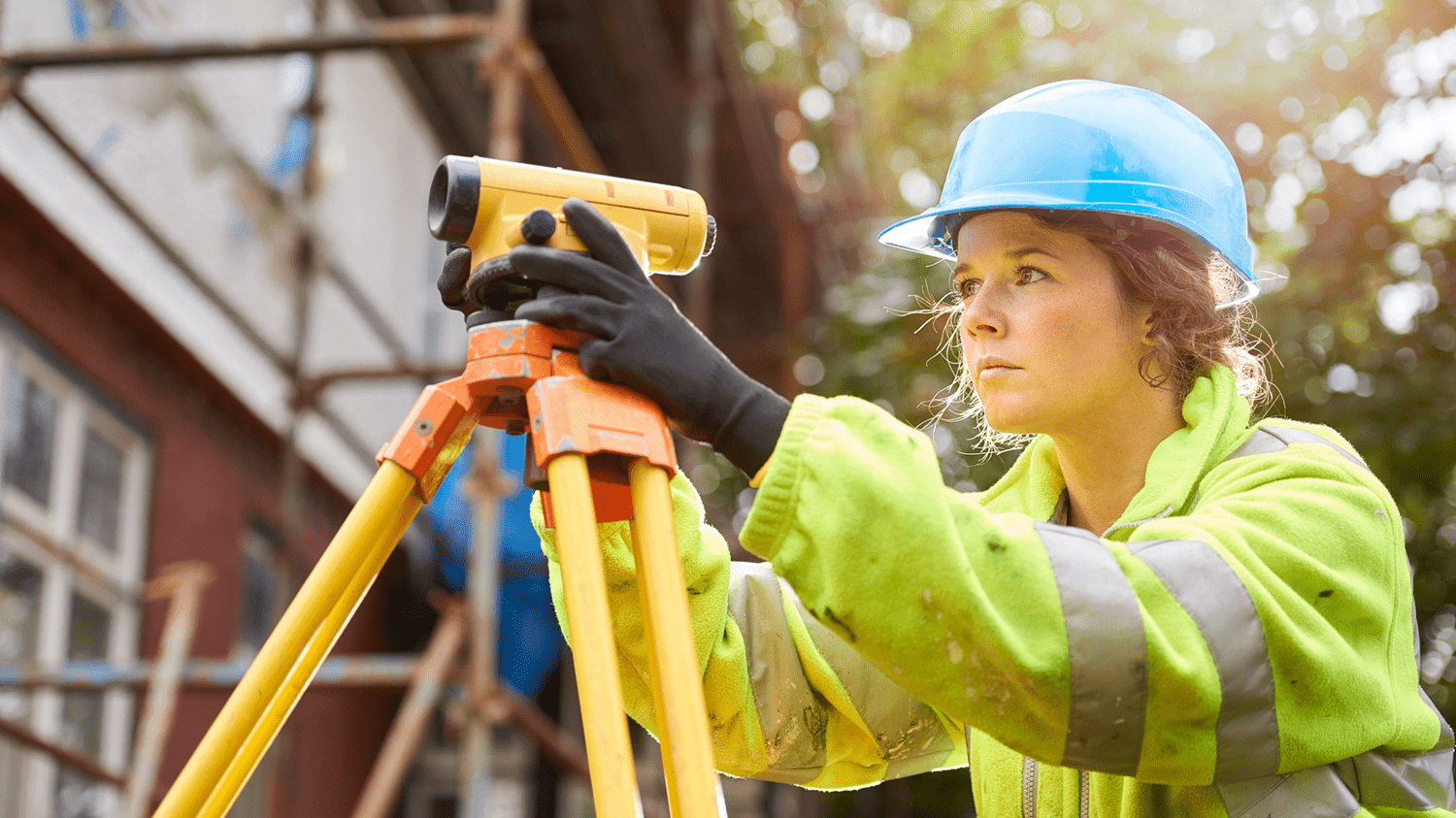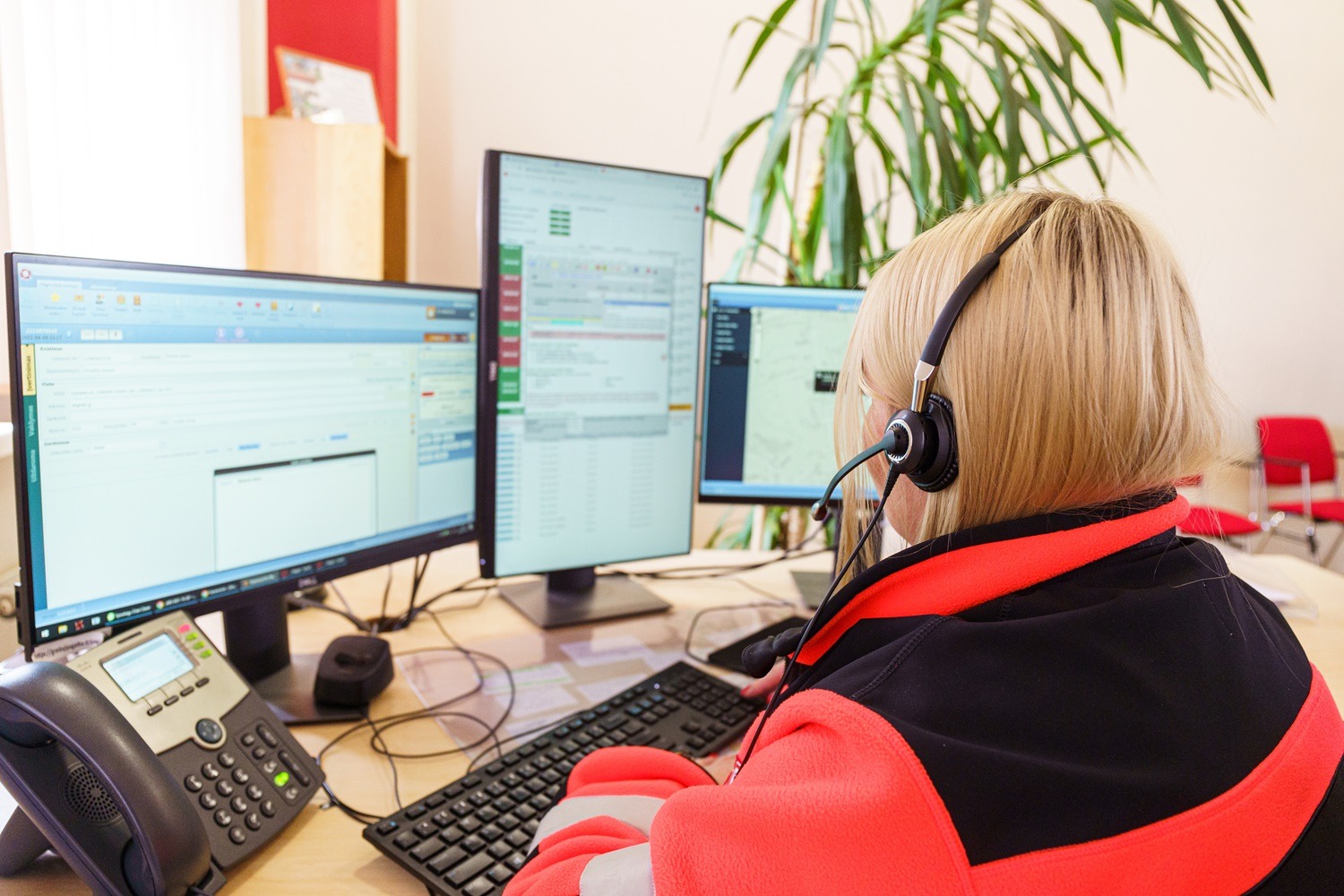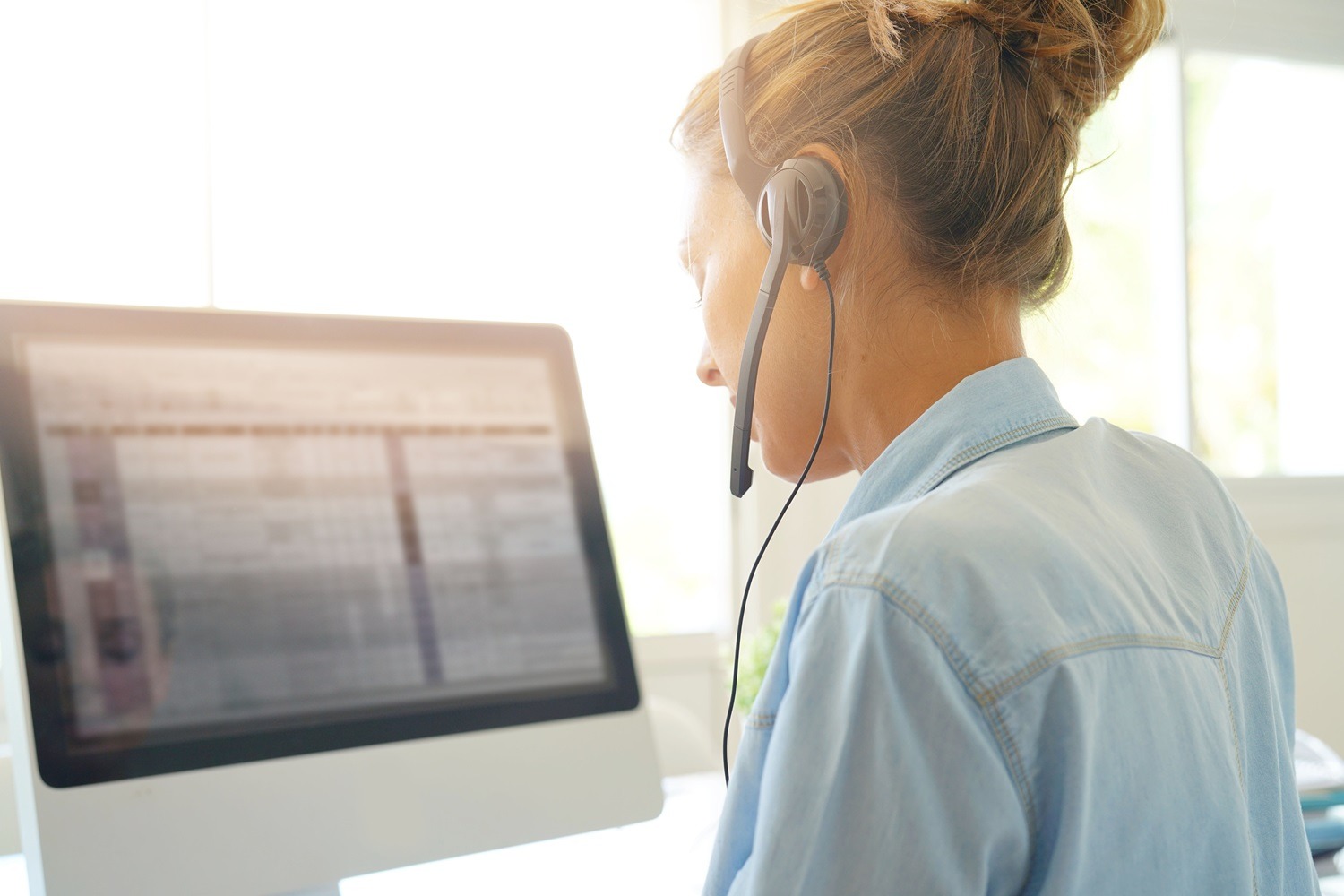
Lone workers are at a greater risk for workplace injuries, and employers must take extra steps to keep their seasonal workers safe. Whether your remote employees work in an agricultural role like fruit picking or a property maintenance position, they require specific protection during the summer months.
Types of seasonal workers:
- Agricultural Workers (Fruit Pickers, Farm Hands, etc)
- Property Maintenance Workers (Lawncare Workers, Landscaping, etc)
- Environmental Programs (Tree Planters)
- Recreational Workers (Lifeguards, etc)
- Park Attendants
- Litter Clean-Up Crews
Seasonal risks for lone workers
Seasonal workers encounter specific, season-related risks. Employers must familiarise themselves with these unique workplace hazards to keep their employees safe, no matter the season.
Heat
In summer, heat and air quality are significant risks. Workers may have to work outside, alone, and in direct sun for many hours a day without access to shade. Those who spend a lot of time in the sun and heat are more likely to develop sunstroke, dehydration, and sunburn. Unfortunately, any one of these conditions, if severe enough, could lead to your employee requiring medical attention.
Because of the nature of their job, immediate support and aid are often unavailable to lone workers. If they lose consciousness because of severe sunstroke or dehydration, no one is there to help or notice. Situations like these illustrate the crucial importance of a lone worker safety program that includes monitoring and regular check-ins.
Air quality and weather
Air quality and pollution are also much worse during the summer months. Seasonal wildfires are a significant cause of seasonal pollution and can drastically diminish air quality. Lone workers who must work outside in poor air quality require adequate protection or should not be working on poor-quality days. Higher pollution levels, like wildfire smoke, are especially dangerous for those with respiratory conditions like asthma.
Additionally, summer storms are another hazard for those working outside. Specifically, thunderstorms and lightning strikes can accompany these storms. Employees who work remotely in forests may have to contend with forest fires in addition to the smoke they cause.
Potentially hazardous equipment
Finally, equipment is a common hazard in agricultural and property maintenance industries. The leading causes of agriculture-related fatalities are equipment-related. Equipment like tractors, plows, etc., can be hazardous without correct training and use.
Protecting seasonal workers
- Understand the hazards. First and foremost, you must identify what risks and hazards affect your employees. Risk assessment is the first step when developing a risk management plan. Consider the equipment employees use, their work environment, and what type of weather exposure they’ll encounter.
- Provide adequate training. Seasonal employees should receive the same level of training provided to full-time, year-round employees. After all, they encounter many of the same risks. For example, seasonal workers must understand how to use equipment safely and know other safety procedures. Educating workers on safety can save them from a dangerous situations. This is also a part of establishing a culture of safety at work.
- Supply the right equipment. The right equipment helps keep remote workers safe as they do their jobs. Safety gear and supplies include everything from adequate sun protection (hats, sunscreen, sunglasses) to industry-specific equipment (safety goggles). Ensure your employees have the materials they need to stay healthy and safe.
- Lone worker monitoring system. A lone worker monitoring system is crucial and legally required for keeping employees safe while working remotely or alone. Lone workers check in periodically during shifts with a 24/7 live operator from CommAlert. If they miss a check-in, we initiate emergency procedures.
Lone worker safety with CommAlert
CommAlert helps keep your seasonal lone workers safe by providing 24/7 emergency call centre services. If an emergency happens, our staff knows exactly what to do. Your workers will feel safer knowing someone is looking out for them when they work alone.
Contact us to get started!




